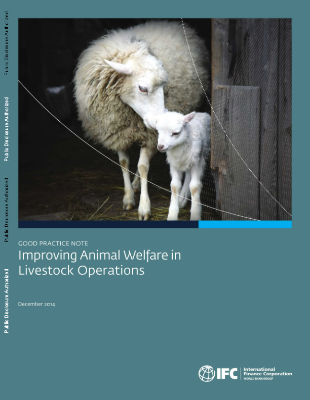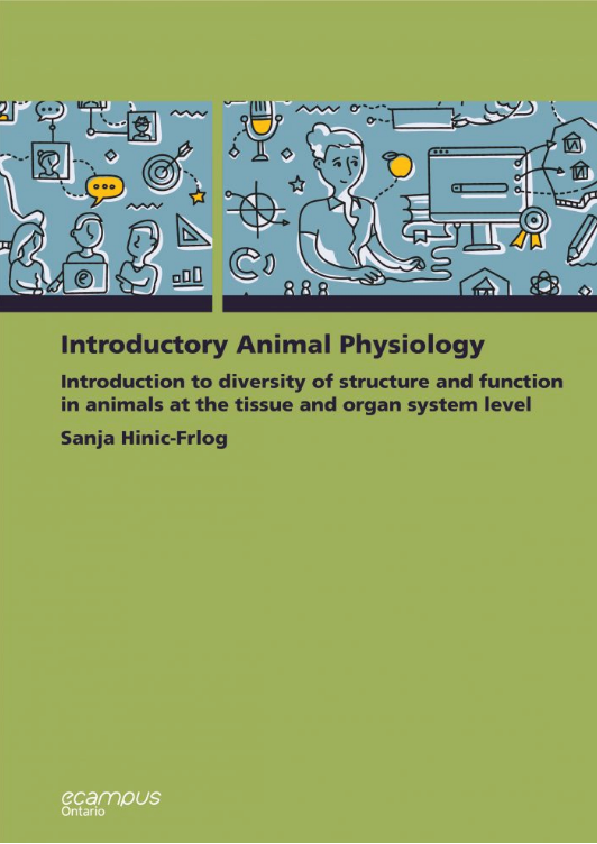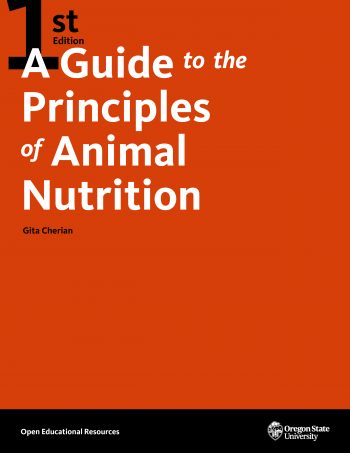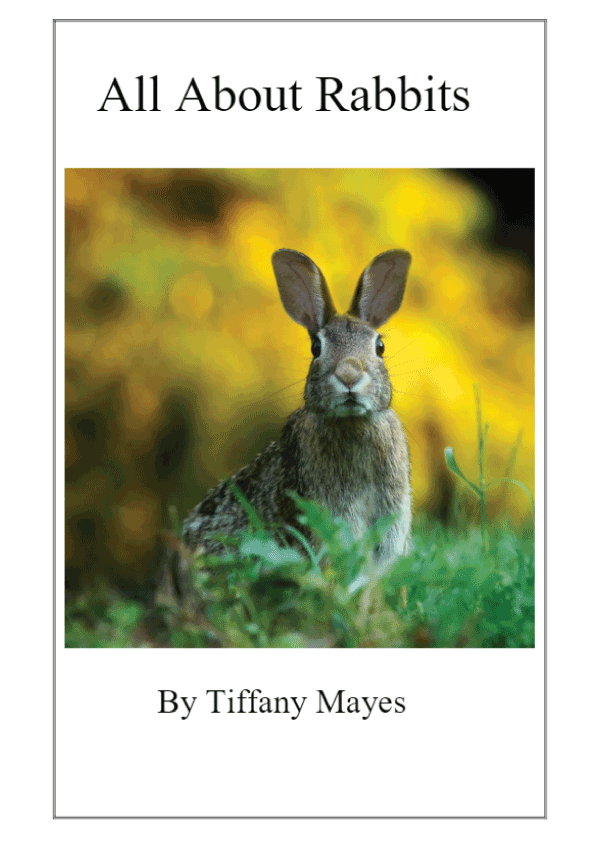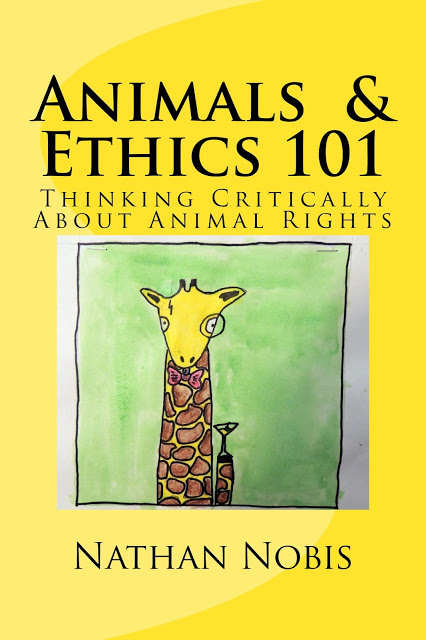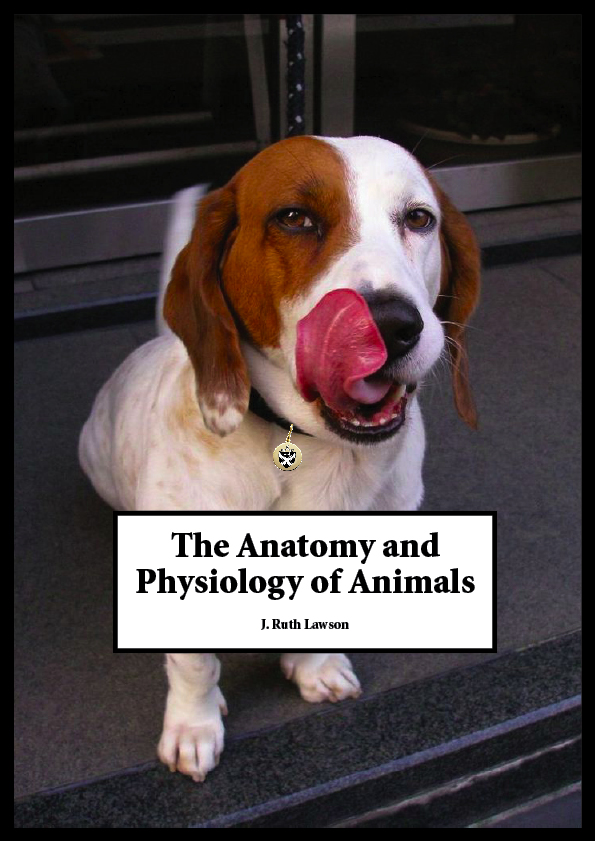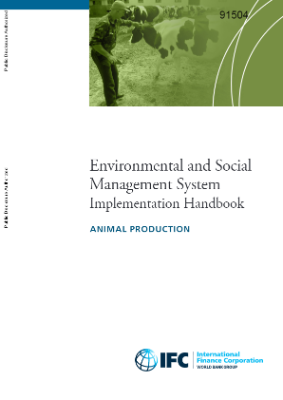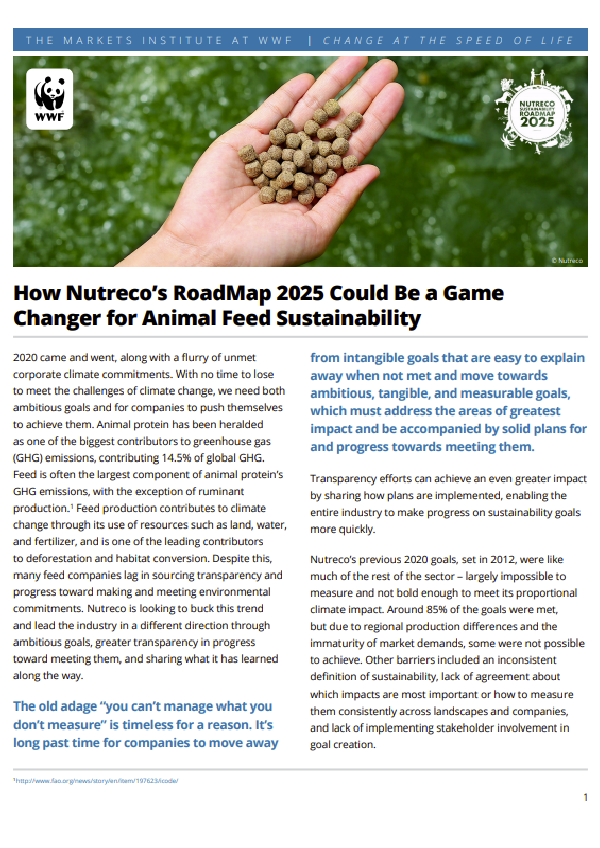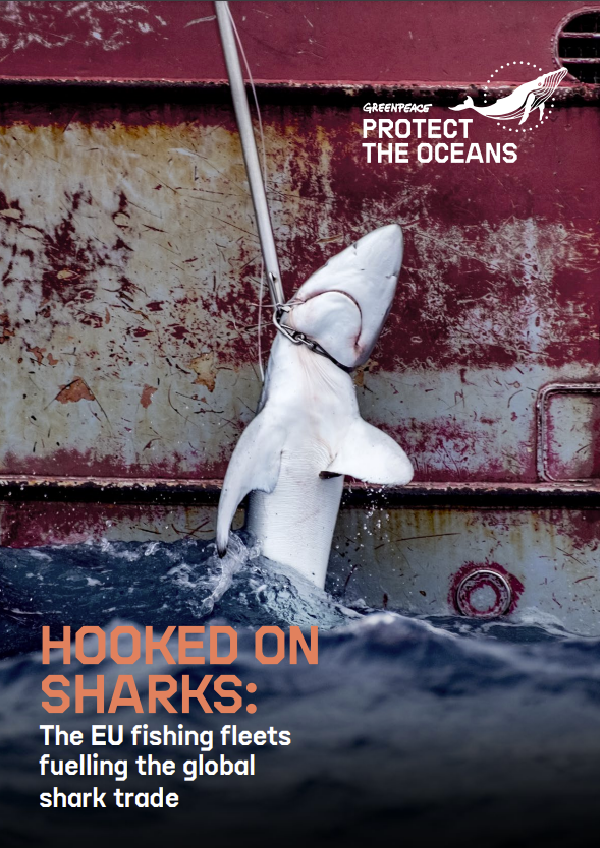In the past decade, animal welfare has been increasingly recognized in importance in commercial livestock operations. Governments, academic institutions, and animal welfare professionals are addressing animal welfare at different points in the agricultural supply chain, while consumers are demanding higher standards for food safety and animal welfare. Meanwhile, regional and global initiatives to provide guidance on acceptable animal welfare practices have emerged.
Businesses that address or enhance animal welfare are likely to win or retain a competitive advantage in the global marketplace by:
- reducing costs due to improved human-animal relationships and other welfare benefits, which can lead to increased productivity;
- realizing growing market opportunities for food produced in animal welfare-credentialed systems; and/or
- becoming the producer of choice for retailers and consumers concerned with animal health and welfare, food safety and quality, human health, and the environment.
IFC is committed to working with clients to reduce losses, increase productivity, and/or access new markets through the application of sustainability principles, including animal welfare standards. This Good Practice Note (GPN), which supersedes the 2006 edition, contributes to IFC’s continued commitment to supporting clients in a responsible and forward-looking approach to traditional livestock production (dairy, beef, broiler chickens, layer chickens, pigs, and ducks) and aquaculture in intensive and extensive systems to, among other things, help producers access and maintain entry to high quality and value market segments. This GPN describes a range of animal welfare good practice and complements IFC’s Performance Standards on Environmental and Social Sustainability (2012), in particular animal husbandry requirements for IFC clients as reflected in Performance Standard (PS) 6: Biodiversity Conservation and Sustainable Management of Living Natural Resources. The Note also describes IFC’s approach to animal welfare, including details on IFC’s approach to due diligence.
Animal welfare means how an animal is coping with the conditions in which it lives. An animal is in a good state of welfare if it is healthy, comfortable, well nourished, safe, able to express innate behaviour, and if it is not suffering from unpleasant states such as pain, fear, and distress. Good animal welfare requires disease prevention and veterinary treatment, appropriate shelter, management and nutrition, humane handling and humane slaughter or killing. Animal welfare refers to the state of the animal; the treatment that an animal receives is covered by other terms such as animal care, animal husbandry, and humane treatment. -As defined by the World Organisation for Animal Health (OlE)s.
